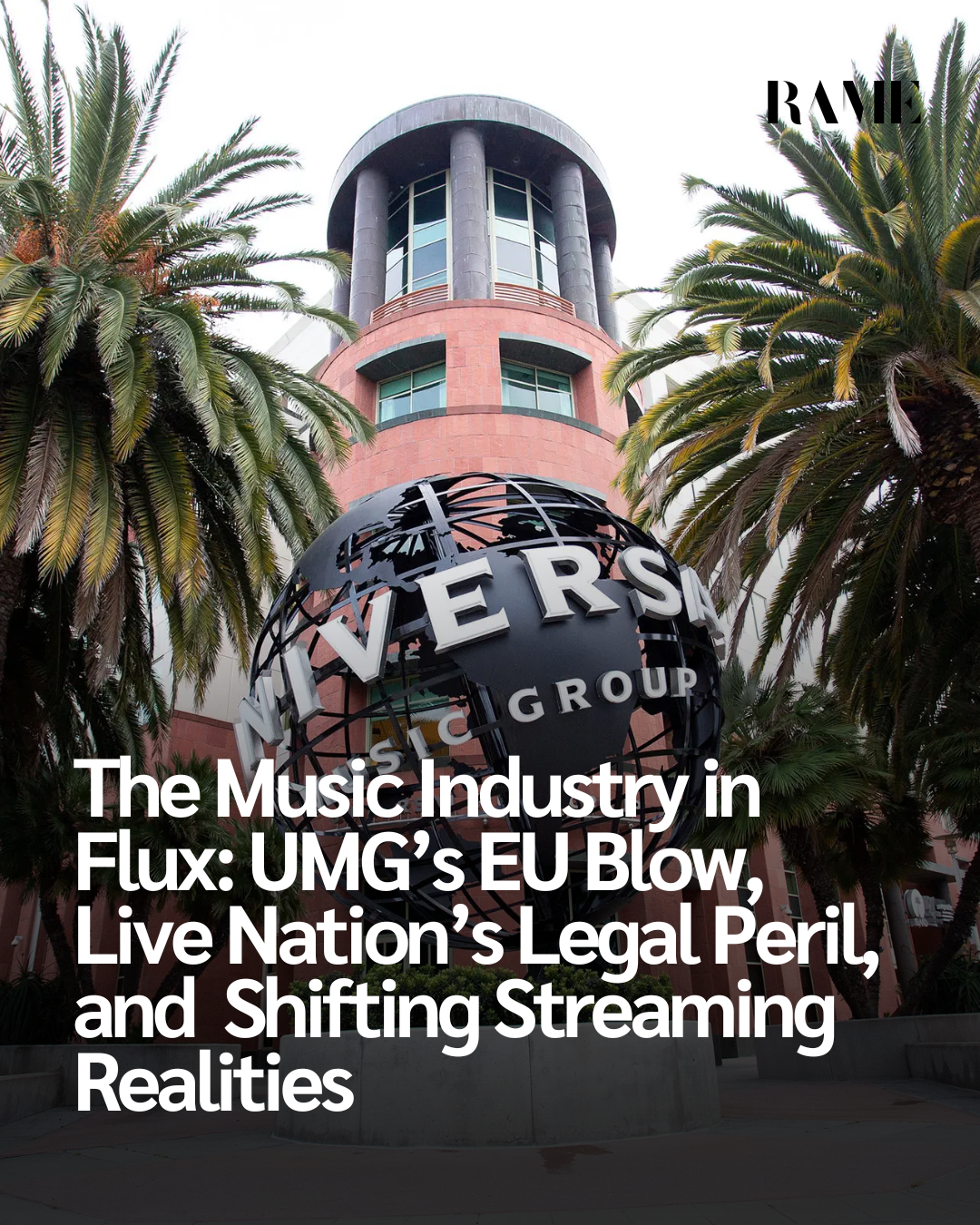The global music business is under a microscope this week from regulators in Brussels to prosecutors in Washington, and from industry strategists to legacy estate buyers. Universal Music Group’s $775 million move to acquire Downtown Music Holdings now faces a deeper probe by the European Commission. In the U.S., the Department of Justice has new leverage in its antitrust case against Live Nation and Ticketmaster after uncovering previously hidden financial arrangements.
Meanwhile, new data signals trouble for chart-chasing artists, and Warner Music Group continues to bet on catalogs as the future of music value. And once again, Primary Wave is snapping up another piece of Fleetwood Mac history. Let’s break it down.
Brussels Turns Up the Heat on UMG
Universal Music Group (UMG) is staring down a potential regulatory roadblock as the European Commission prepares a “full-scale” Phase II investigation into its proposed acquisition of Downtown Music Holdings.
The $775 million deal originally announced in December by UMG’s Virgin Music Group was already facing questions, but Reuters reports the EU is now escalating scrutiny after receiving a letter of objection signed by over 200 individuals, including 20 employees from indie powerhouses Beggars Group and Secretly Group.
A UMG spokesperson tried to strike a confident tone:
“We remain confident that the combination of Virgin and Downtown will create an improved offering in the growing and highly competitive label services category that today consists of roughly 100 companies.”
If this Phase II review proceeds as expected, it could stretch up to 90 working days, delaying the acquisition and raising broader questions about consolidation in the label services sector.
DOJ’s Case Against Live Nation Gets New Ammo
The U.S. Department of Justice’s antitrust case against Live Nation and its subsidiary Ticketmaster has taken a serious turn. The DOJ has uncovered a previously undisclosed kickback scheme involving Oak View Group (OVG), led by CEO Tim Leiweke.
According to findings, OVG had a financial agreement with a ticketing company to receive $7.5 million annually payments that were allegedly tied to ticket sales volume at venues managed by OVG360. The catch? OVG never disclosed these arrangements to venue owners, despite having fiduciary responsibilities.
Legal experts say this could significantly strengthen the DOJ’s case. One former antitrust official noted:
“It’s not just about monopolistic behavior anymore. It’s about a pattern of opacity and self-dealing.”
This development adds fresh urgency to longstanding complaints from artists, fans, and venue owners about the opaque nature of ticket pricing and venue deals in the U.S. market.
Streaming Stats Show the Decline of the Megahit
Luminate’s midyear 2025 report puts hard numbers behind something many in the industry already suspected: the era of the blockbuster single is fading.
In the first half of 2025, the USA’s Top 10 songs made up just 0.52% of total streams a steep drop from 1.6% in 2019. Even more telling, the U.S. share of global audio streaming is shrinking, down to 27.9% from 43.4% in 2019.
This shift has major implications for artists and labels chasing short-term hits. As one analyst put it:
“If your entire strategy is based on chasing TikTok virality or landing on U.S. charts, you’re playing a high-risk, low-return game.”
And it’s not just hits overall streaming of ‘current’ releases (less than 18 months old) also dropped 3.3% year-on-year.
Warner Music Doubles Down on Catalog Strategy
Warner Music Group is making a strategic play in a less volatile part of the industry: catalogs. The label just brought on Orla Lee-Fisher as its new Head of Dual Catalog Strategy, tasking her with leading campaigns for WMG’s off-roster catalogs in both recorded music and publishing.
Lee-Fisher, a former Universal Music executive with decades of experience including with The Beatles, The Rolling Stones, and Sir Elton John is seen as a major addition. This move comes shortly after Warner announced a $1.2 billion joint venture with Bain Capital to acquire “legendary” catalogs.
For Warner, this is about long-term value. In a streaming-dominated landscape, evergreen tracks generate predictable revenue and catalog rights have become financial assets in their own right.
Primary Wave Strikes Again, This Time with Peter Green’s Estate
Primary Wave has acquired the music rights of Peter Green, the founding guitarist of Fleetwood Mac, as part of its ongoing catalog buying spree. The deal includes Green’s Rattlesnake music publishing catalog and interests in major compositions like Albatross and Oh Well.
This isn’t the company’s first Fleetwood Mac acquisition. In 2020, Primary Wave bought an 80% stake in Stevie Nicks’ publishing catalog in a deal valued at around $100 million. These purchases are being fueled by the company’s $2 billion partnership with Brookfield Asset Management.
Green, who passed away in 2020, remains one of rock’s most revered figures. Rolling Stone ranked him No. 58 on its list of the “100 Greatest Guitarists of All Time.”
Power, Politics, and Persistence in the Music Business
This week’s stories highlight the music industry’s shifting fault lines. Regulatory scrutiny is no longer reserved for Big Tech; it’s coming for Big Music. Artists and executives alike are rethinking how hits are made and how value is stored.
If the 2010s were about streaming scale and explosive growth, the 2020s might be about control, accountability, and legacy. And that’s a very different game.



